Russian volunteers of the French Foreign Legion
The first Russian soldiers in the Foreign Legion appeared at the end of the 1th century, but their number was small: as of January 1913, 116, there were XNUMX people.
However, immediately after the outbreak of World War I, many Russian emigrants entered the ranks of the legionnaires, succumbing to a feeling of general euphoria (by which all former citizens of the Russian Empire were understood): about 9 thousand people turned to call points, were found fit and sent to training camps - 4 thousand.
Most of all among the Russian-speaking volunteers were Jews - 51,4%. Russians were 37,8%, Georgians - 5,4%, Poles - 2,7%. Bulgarians and Estonians were also considered “Russians” - 1,3% each.
It is estimated that 70,5% of Russian-speaking recruits were workers, 25,7% considered themselves to be intelligentsia, 4,8% called themselves “persons without specific occupations”.
It also turned out that 9,5% of Russian legionnaires went to imperial penal servitude, 52,7% were in exile for some time, many were in prison - all in full accordance with historical traditions of the Foreign Legion.
Among the legionnaires was then even the former deputy of the State Duma of the first convocation F.M. Onipko, who was exiled to Siberia, but fled to France, where he was forced to work as a shoemaker.
The reputation of the Foreign Legion was not the most favorable, and therefore the Russian volunteers insisted on being transferred to regular regiments, but the French military bureaucrats decided everything in their own way.
The most famous Russians who completed the “school” of the French Foreign Legion were Zinovy (Yeshua-Zalman) Peshkov and Rodion Yakovlevich Malinovsky, but they will be described in separate articles.
Now we will talk about other "Russian legionnaires", the fate of some of which are very interesting and instructive.
Difficulties of service in the Foreign Legion
The service of Russian volunteers in the Foreign Legion is told in different ways. Many authors emphasize heroism, thanks, awards, which, of course, were. However, there is another side, which is sometimes bashfully hushed up. We are talking about evidence of extremely rude treatment of Russian recruits by officers and corporals of the legion.
One can still be skeptical of the testimonies of the legionnaires of the first, “patriotic wave”: they say that they, for the most part, were civilian dodges, did not serve coffee and cakes to bed on time? However, these stories are almost word for word repeated in the memoirs of soldiers and officers of the White Army, forced to join the legion after the end of the Civil War. And this despite the fact that the Russian imperial army also had enough problems, and the White Guards themselves in their memoirs did not deny that the reason for the mass extermination of officers after the revolution was the inappropriate attitude of "their nobility" to the lower ranks. But even these former tsarist military personnel were struck by the orders in the Foreign Legion.
In June 1915, 9 Russian legionnaires were even shot for having fought with “old-timers” and non-commissioned officers who insulted them. This story had a great resonance in France, and in Russia, and in late summer and early autumn of 1915, some Russians were transferred to regular regiments, others (about 600 people) were sent to Russia. By the way, many Italians and Belgians left the Legion along with the Russians.
But there were among the Russian volunteers those who remained. Later, General Dogan, in his speech on the battles of Verdun, emphasized their stamina and heroism.
I must say that the French authorities themselves sent some Russian legionaries to Russia, for example, Mikhail Gerasimov, a political emigrant who lived in France since 1907.
Gerasimov brothers
Mikhail and Peter Grigoriev were political emigrants from Russia, they almost simultaneously entered the service of the Foreign Legion, but their fate was very different.
Mikhail Gerasimov was in the Second Regiment of the Foreign Legion, fought with him on the Marne, in Champagne, Argonne and was shell-shocked near Reims.
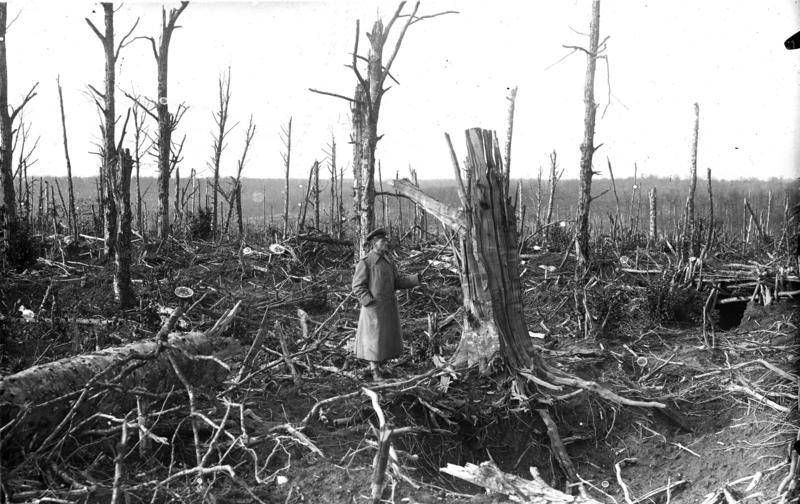
The reason for his deportation was anti-war propaganda. In Russia, he joined the Bolsheviks and made a good career - he was the chairman of the council of military deputies, a member of the All-Russian Central Executive Committee of the First Convocation, the chairman of the Samara proletariat and one of the founders of the Kuznitsa association of proletarian writers and poets. He was arrested in 1937, there is no reliable information about his future fate.
The brother of Mikhail Gerasimov, Peter, went to serve in the Foreign Legion under the name of Mark Volokhov. At first, he fought in the First Regiment in Gallipoli and on the Thessaloniki Front.
In August 1916, Mark (Peter) rose to the rank of lieutenant, in February 1918 he was transferred to the Western Front, where he was awarded the Order of the Legion of Honor for saving two aviators.
After World War I, he studied at a flight school and was sent to Morocco with the rank of captain.
In 1922, having received French citizenship, he continued to serve in the legion. In 1925, one of the documents noted his “outstanding merits”: 11 years of service, nine campaigns, one wound, four mentions in orders.
He was twice wounded during the Reef War, in 1930, rising to the rank of major, retired, but was again drafted into the army after the outbreak of World War II.
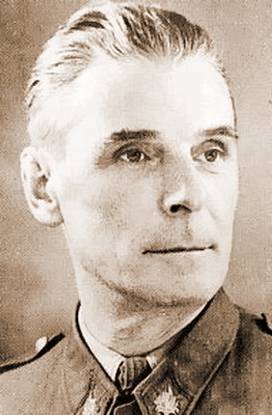
He was captured, but was repatriated to France as injured. He died in 1979.
Russian legionnaires after the revolution
We will return to France during the First World War. At this time, two brigades of the Russian Expeditionary Force - the First and Third (the Second and Fourth fought on the Thessaloniki Front) fought there.
As part of the Russian expeditionary forces in France, there was also a Russian pilot (graduate of the Military School of Aeronautics) Vladimir Polyakov-Baidarov, father of actress Marina Vlady.
After the revolution in Russia and the fall of the autocracy, the French authorities demanded that the servicemen of the Russian Expeditionary Force (more than 11 thousand people) go to the Foreign Legion, only 252 of them agreed. Many of the refused Russian soldiers and officers were sent to forced rear work, including to North Africa. Under such conditions, part of the Russian soldiers and officers changed their minds, and the number of Russian-speaking legionnaires increased significantly: in December 1917 there were only 207 of them, in March 1918 - already 2080.
On March 20, 1918, they were supplemented by 300 participants in the uprising of the First Russian Brigade in the La Curtina camp who were deported to North Africa (September 1917, the rebels demanded that they be sent home).
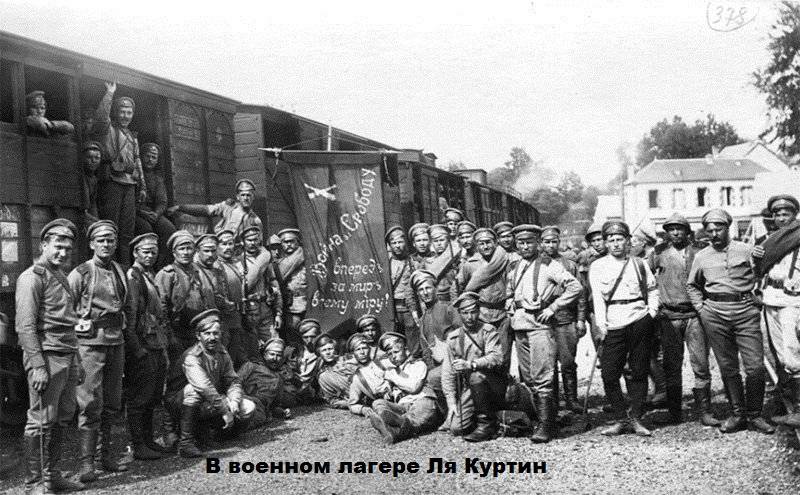
Some of them fell into the “Russian battalions” of the legion (for example, R. Malinovsky, a detailed account of which is ahead), but most of them were mixed.
Russian Legionnaires after the Civil War
After the end of the Civil War in Russia, many former soldiers and officers of the White Army entered the Foreign Legion simply because of hopelessness, so as not to die of starvation. It is estimated that the bulk of the Russians who were at that time in the Foreign Legion were soldiers and officers of the Wrangel Army — about 60%. Denikins escaped from Russia 25%, former military personnel of the Russian Expeditionary Force - 10%, and former prisoners of war - 5%.
The first to enter the Legion were evacuated to Galipoli, Constantinople and the island of Lemnos “Wrangel”. Those of them who ended up in Constantinople often did this involuntarily. Theft flourished in this city, along with things the identity cards issued by the British occupation authorities disappeared. Those who lost their documents had only two ways: to “volunteer” to go to the legion, where they did not pay attention to such “little things,” or to prison. On the attitude towards Russian recruits, the Cossack officer N. Matin wrote in his memoirs:
Here is his description of the situation of Russian legionnaires in Tunisia:
And here is how the former Cossack colonel F. I. Eliseev (who served in the legion as a commander of a machine-gun platoon from 1939 to 1945) describes the orders in the legion:
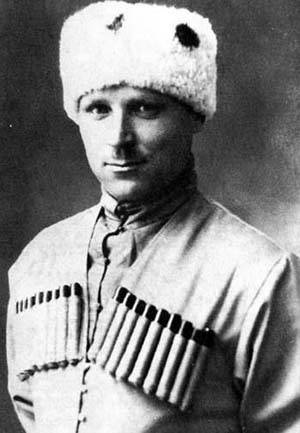
As you can see, in the middle of the twentieth century, orders in the legion have changed little.
We will remember about F. Eliseev when we talk about the war in Indochina. In the meantime, a little distracted, let's say that, born in 1892, F. Eliseev, up to 60 years old, retained enviable physical data: after being demobilized, he performed for several years in the circus troupe of horsemen in the Netherlands, Belgium, Switzerland and the USA. And he died in 1987 at the age of 95.
In total, about 10 thousand soldiers and officers of the White Army, including three thousand Cossacks, switched over to the French service. Among them were aristocrats, for example, N. A. Rumyantsev, who in the end had the highest number of awards among cavalrymen of the legion.
In the 1921st cavalry regiment of the legion (formed in XNUMX, the place of deployment is Sousse, Tunisia), among others, B.R. Khreschatitsky served as major general of the Russian imperial army, lieutenant general of the Kolchak army and ataman of the Far Eastern Ukrainian army.
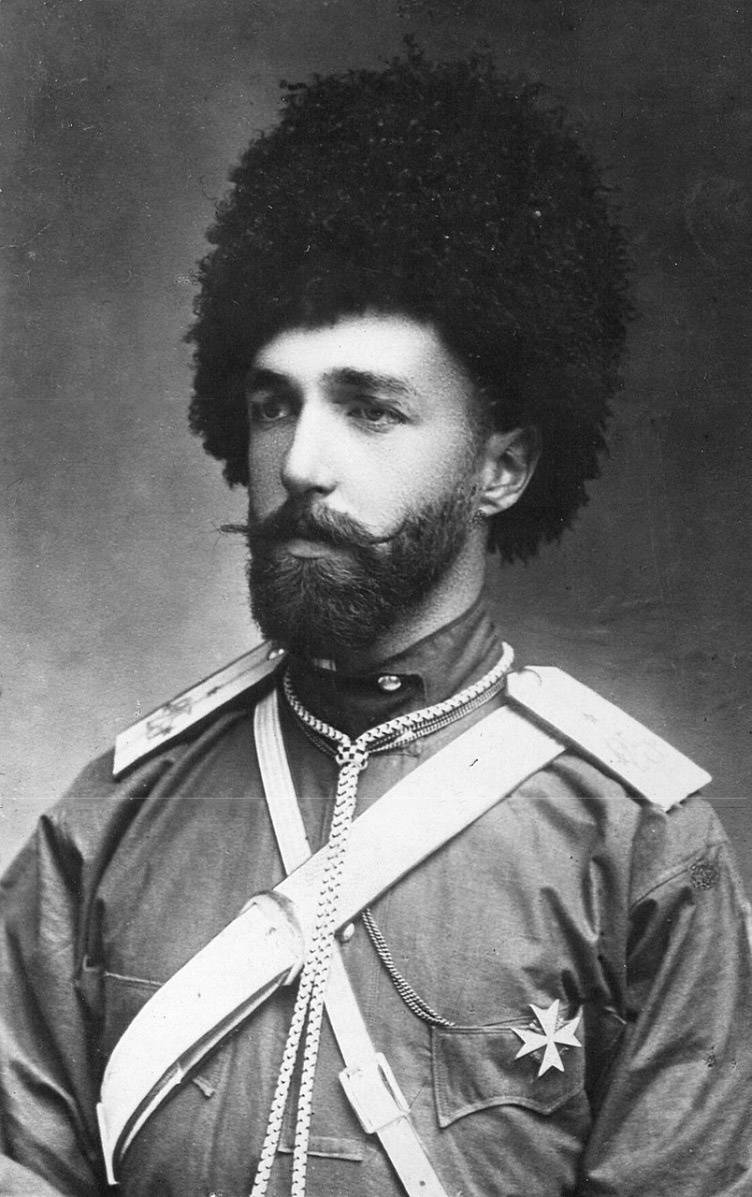
July 11, 1925 he entered the service in the 4th squadron of this regiment, already in September he was wounded in battle with the Syrian rebels, by January 1929 he had gone from a private to a lieutenant. Then he acted as an employee of the Legion's special assignments for the Levant and North Africa, in November 1933, resigned, and in 1935 received French citizenship. He took part in the fleeting military campaign of 1940, in June 1940 he was evacuated with his squadron to Tunisia, where he soon died of a disease.
The lieutenants of this regiment were also BC Kanivalsky (former lieutenant colonel of the 2nd Life Hussar Pavlograd regiment) and V. M. Solomirsky (former staff captain of the Life Guards of the Horse-Grenadier Regiment). Here was the now forgotten poet Nikolai Turoverov, who had previously served in the Life Guards of the Ataman Regiment. In total, this regiment included 128 Russian emigrants, 30 of them former officers of the White Army. The march of the fourth squadron of the First Cavalry Regiment (recall that it was Khreschatitsky who served in it) was performed at that time on the motive of the famous song “Along the valleys and on the hills”, but it was already a question of “jabal” - the rocky part of the Sahara desert.
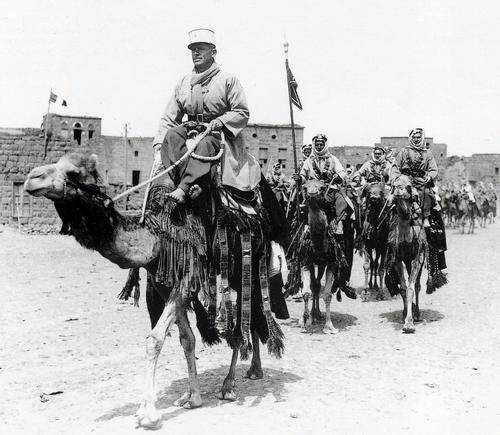
This regiment became the first French military unit to enter German territory. But he also became famous for participating in the suppression of the rebellion of Druze tribes in the Middle East. The above-mentioned Turovers did not experience any special complexes on this occasion:
To sweep away the popular system,
And not in others, as not in me
No pity, no compassion.
Keep a record: in which year, -
For us an unnecessary burden;
And now, in the desert, as in hell,
We go to the indignant Druze.
Seventeen-year period
Passed without rushing through the world;
Still the sky and the sand
Look blithely at Palmyra
Among the destroyed columns.
But the surviving columns
Our Foreign Legion,
Heir to the Roman legions.
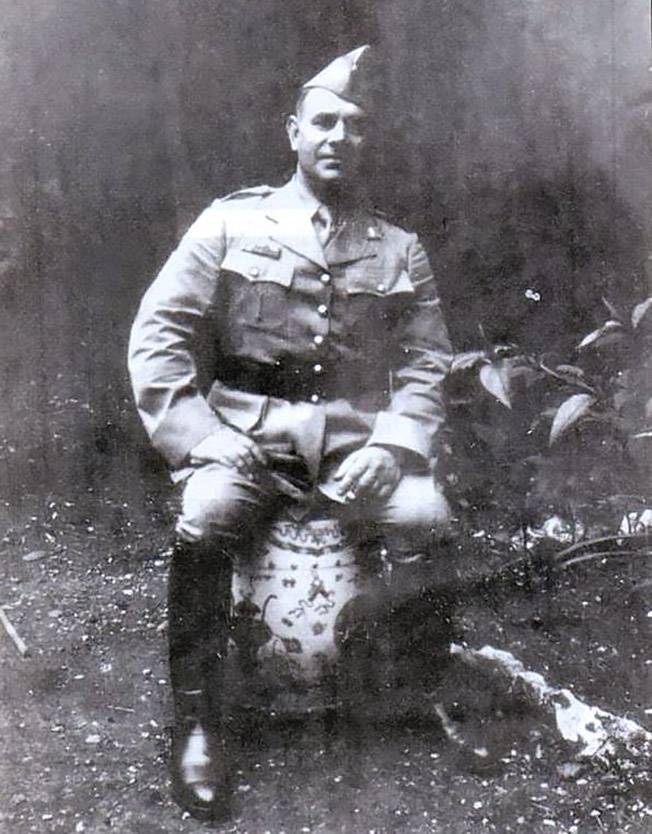
Former captain S. Andolenko managed to enter the Saint-Cyr Military School. Since 1927, Russian cadets were released from it by sergeants (and not by lieutenants) and were sent to serve not in the French army, but in the Foreign Legion. Andolenko first rose to the rank of commander of the headquarters company of the 6th regiment of the legion, which was stationed in Syria, and then completely to the rank of brigadier general and the post of commander of the 5th regiment, which he held from 1956 to 1958.
Even more fantastic is the career of a certain captain von Knorre, who after the revolution became the inspector general of the Cossack division of the Persian Shah (there was one). Then for 23 years he served in the Foreign Legion. He resigned in the late 40s with the rank of major, became commander of the Carabinieri of Monaco and held this position until 1969.
The highest post in the legion was occupied by the former Georgian prince Dmitry Amilahvari, but in order not to run too far ahead, we will talk about him a little later - in an article about the legionnaires of World War II.
Circassian "squads of the Levant"
In November 1925, from the descendants of the Circassians who migrated to the Middle East from the Caucasus in the second half of the XNUMXth century (in the Aleppo region, the Golan Heights, Amman-Balka, Tiberias in Palestine, Jordan), the “Light squadrons of the Levant” (d'Escadrons Legers du Levant). Their commander was Captain Philibert Colle, who later rose to the rank of general.
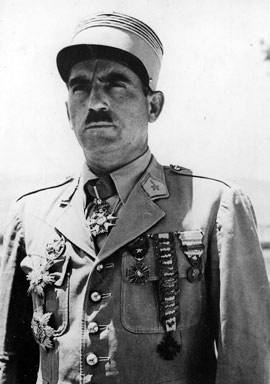
A total of 8 such squadrons were created, Damascus became their base.
These squadrons played a large role in the defeat of the Syrian Druze revolts (the relations of the Circassians and Druze from the very beginning were extremely tense) in 1925 and 1927, having lost 302 people killed (including 20 officers) and 600 wounded in battles with them.
After the defeat of France in 1940, part of these squadrons became subordinate to the government of Pétain, who awarded them a special sign with the inscription: "Always faithful." Three of them became motorized in November 1940. In November 1941, on the Syrian-Iraqi border, they opposed the 10th Indian division, actively participated in the expulsion of the British from Syria, Palestine and Jordan: the "natives" of the French and English fought for their masters. How can one not recall the famous phrase of Prince Mstislav Vladimirovich that he said after the Battle of Listvy in 1024:
Please note that the Varangians in this battle fought on the side of Yaroslav (later called the "Wise"), so Mstislav was glad not only for himself, but also for his brother, who, in his opinion, was not badly damaged as a result of this defeat.
In 1946, Circassian squadrons were disbanded, but their standard can be seen in the Banner Hall of the Paris Army Museum.
Many soldiers of d'Escadrons Legers du Levant later ended up in the Syrian army.
Even more interesting was the fate of the Jordanian Circassians, 40 soldiers of which in 1946, after gaining independence by this country, delivered to Amman a candidate for the throne - the Hashemite prince Abdullah ibn Hussein, and since then only the Circassians have been the bodyguards of this royal family.
On June 7, 1970, Circassian guards rescued King Hussein ibn Talal during an assassination attempt organized by militants of the Palestine Liberation Organization (PLO): 60 of the 40 guards were killed, the rest were injured.
If you call a spade a spade, then the Palestinians led by Yasser Arafat, who fled from the West Bank after the Six Day War of 1967, then tried to crush Jordan. Or at least create a state on its territory that is not controlled by local authorities. They really did not like the opposition to these plans by the legitimate government bodies, which caused the conflict.
On September 1 of the same year, another extremist organization, the Democratic Front for the Liberation of Palestine (which was part of the PLO), attacked the king of the sheltering 800 thousand Palestinians of the country.
On September 16, Hussein declared martial law in the country, Yasser Arafat, in turn, became commander in chief of the Palestine Liberation Army, and the Jordanian army launched a military operation against Palestinian militants.
Syria stood on the side of the Palestinians, whose authorities, since the time of the first assassination attempt, had called on "to present the bill to the traitor Hussein and his Circassian and Bedouin minions for their crimes against the Palestinian people." Syrian Tanks The Jordanian Centurions defeated the T-50, but were stopped by air attacks. In those battles with the Syrians, the Circassian Special Forces distinguished themselves.
The troops of Iraq (then, as the allies of the Palestinians) also entered the territory of Jordan, but they did not enter the battle. But Jordan was ready to provide military assistance ... Israel! The American 6th fleet came to the shores of Israel, the Soviet squadron - to the Syrian coast ...
On September 24, Arafat and other PLO leaders fled to Lebanon (they also did not sit still here, organizing the assassination of the country's president, after which they were forced to go to Tunisia).
Egyptian President Gamal Abdel Nasser called for the convening of an emergency League of Arab States summit, at which a ceasefire was reached - and the next day died of a heart attack.
These events went down in history under the name “Black September” (or “The Age of Deplorable Events”): 2 thousand Jordanians and 20 thousand Palestinians died in a week - more than in 100 years of continuous confrontation with the Jews.
About 150 thousand supporters of Arafat left Jordan at that time, but so far, Palestinians and their descendants make up 55% of the country's population.
At the same time, let’s say that in 1972 the whole world started talking about Black September again - that was the name of the Palestinian terrorist group, whose members captured 11 Israeli athletes at the Olympic Games in Munich.
Russian legionnaires during World War II
With the outbreak of the Soviet-Finnish war, many former White Guards were included in the 13th semi-brigade of the Legion, which was supposed to fight on the side of the Finns, but, as they say, God saved these people from the battle against the homeland: they did not have time for this war. Instead, they ended up in Norway, where they fought against the Germans at Narvik. Despite the fact that the Allied forces more than three times outnumbered the German (24 thousand against 6 thousand), they could not achieve success, and were evacuated: this is described in the article Vezeryubung vs. Wilfred.
At one time, the 13th semi-brigade was led by the previously mentioned Dmitry Amilahvari. He died in November 1942 during a survey of enemy positions near Bir-Hakeim, and a story about him is ahead, in the article “The French Foreign Legion in the First and Second World Wars”.
In July 1939, the French government, in anticipation of a major war, issued a decree according to which former Entente army officers could be enlisted in the Foreign Legion with a lower rank: lieutenants became sergeants, lieutenants became super-lieutenants, captains became lieutenants, colonels and generals became captains. This refers, of course, to the former White Guards, many of whom then joined the Foreign Legion. Some of them will be described in the article: “The French Foreign Legion in the First and Second World Wars” so as not to break the logic of the narrative and not return to the same topic several times.
Those of the Russian emigrants who served in the 5th regiment of the legion, together with him ended up in Indochina, which until 1930 was considered a very peaceful place - almost a resort. After World War II, everything changed: Vietnam, fighting for its independence, became one of the hottest spots on the planet. It was then that in the Indochinese compounds of the legion (their number was 10 thousand people) there were a lot of Russians - former prisoners of war. One of the veterans of the legion said this about them:
A certain major of the Soviet Army by the name of Vasilchenko became the senior ensign of the Foreign Legion in a roundabout way. Having been captured in 1941, he joined the so-called "Russian Liberation Army" of the traitor Vlasov. But in the spring of 1945, realizing the scale of his problem, along with some colleagues he surrendered to the allies in Alsace and joined the ranks of the French Foreign Legion. He managed to avoid deportation to the USSR only because he was wounded and was being treated far in the rear. After the war ended, Vasilchenko continued to serve in Indochina, where Count A. Vorontsov-Dashkov, whose grandfather was the Governor General of New Russia, the commander of the troops in the Caucasus and the Caucasian governor (as well as one of the characters in the story of L. N. Tolstoy, “Hadji,” turned out to be his subordinate. Murat ").
Currently, in the Paris cemetery of Sainte-Genevieve-des-Bois, there is a site with the burials of Russian members of the Foreign Legion.
Schwarzbard and Conradi
Samuel Schwarzbard served in the Foreign Legion - an anarchist, a participant in the first Russian revolution (spent several months in prison in 1905-1906), as well as a poet who wrote in Yiddish under the pseudonym Bal-Khaloymes (“The Dreamer”). He lived in Paris since 1910, with the outbreak of World War I he entered the Legion, received a Military Cross and was seriously wounded during the Battle of the Somme. In August 1917, having refused a French pension, he returned to Russia, drove to Odessa, where he worked for some time as a watchmaker, and at the end of the year joined the detachment of anarchists operating in the Red Army. He fought in the brigade of G. Kotovsky and in the International Division, was engaged in work with children, including street children. But, disappointed, at the end of 1919 he returned to Paris, where he maintained contacts with many emigrant anarchists, among his close friends was Nestor Makhno. On January 16, 1925, Schwarzbard obtained French citizenship, and on May 25, 1926, he shot dead Simon Petlyura, the former chairman of the UNR Directory. He didn’t hide from the scene: after waiting for the police, he handed over a revolver, claiming that he had killed the killer of tens of thousands of Ukrainian Jews.
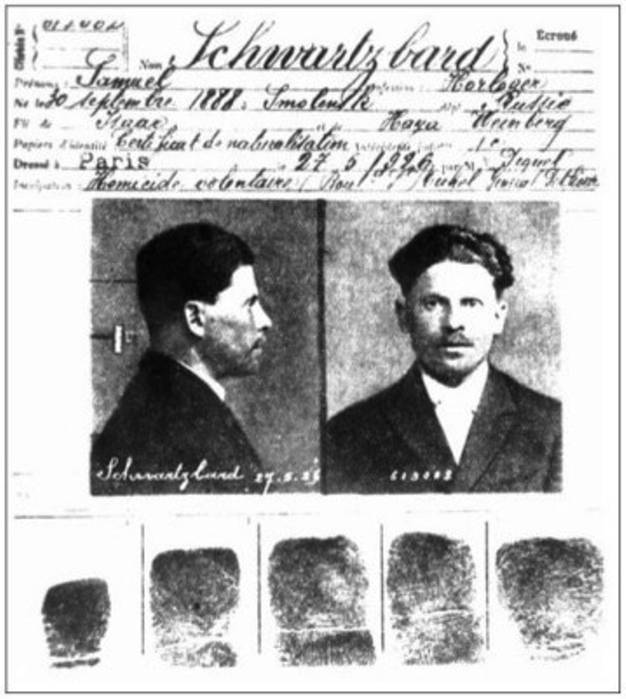
By the way, on January 8, 1919, the Directory issued a decree on the arrest and prosecution of all citizens who wore epaulettes of the Russian army and royal awards, except for St. George's crosses - as "enemies of Ukraine." So anti-Semitism was not the only sin of Simon Petliura.
Among others, M. Gorky, A. Barbus, R. Rolland, A. Einstein and even A. Kerensky spoke out in defense of Schwarzbard. Schwarzbard Defense Committees were organized in New York and Paris, finding 126 witnesses of Jewish pogroms in Ukraine under the Directory headed by Petlyura.
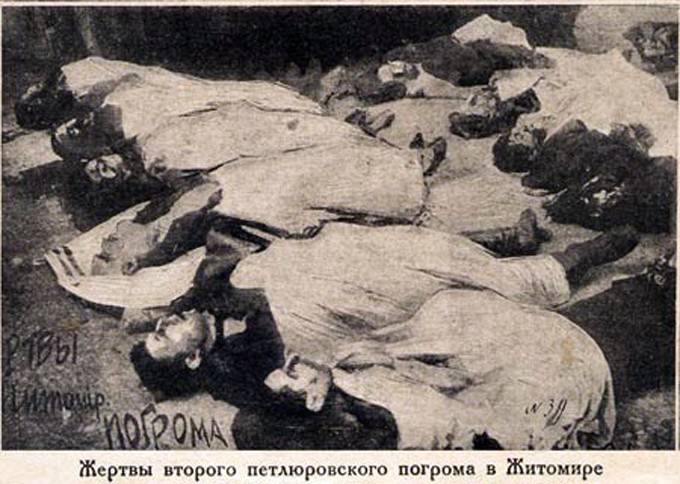
On October 27, 1927, Schwarzbard was acquitted by a jury (8 votes to 4), and released in the courtroom, awarding mocking compensation to Petliura’s widow and brother in the amount of 1 franc each.
Schwarzbard died of a heart attack during a trip to South Africa on March 3, 1938. In 1967, his ashes were reburied in a moshav (rural settlement) Avihal - north of Netanya.
In modern Israel, the streets in Jerusalem, Netanya, and Be'er Sheva (the Avenger) are named after Samuel Schwarzbard.
And the Bandera rulers of present-day Ukraine on October 14, 2017 (on the day of the Intercession and the UPA, banned in Russia) inaugurated the monument to S. Petlyure in Vinnitsa!
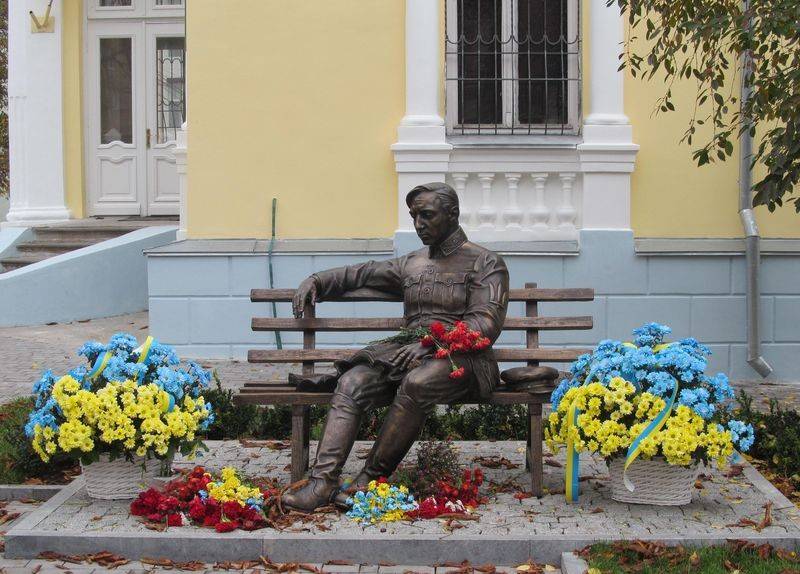
Another high-profile political murder around the same years was committed not by a former legionnaire, but by a future citizen of Switzerland, Maurice Conradi, a native of the family who founded the confectionery factories in St. Petersburg and Moscow. During World War I, he served in the Russian army, during the Civil War - in the Wrangel army. Returning to his homeland, on May 23, 1923, he shot in Lausanne the Soviet diplomat Vaclav Vorovsky and his two assistants (Arens and Divilkovsky). He was acquitted by the court, but, apparently suffering from a psychopathic personality disorder, he constantly got into various criminal stories. In Geneva, for example, he was once arrested for threatening local variety show artists with a revolver in his hands. Having enlisted in the Foreign Legion as a sergeant, he fell under the tribunal and was demoted after he hit the officer.
In the following articles we will talk about two Russian legionaries who have achieved the greatest success in the military field: Zinovia Peshkova and Rodion Malinovsky.
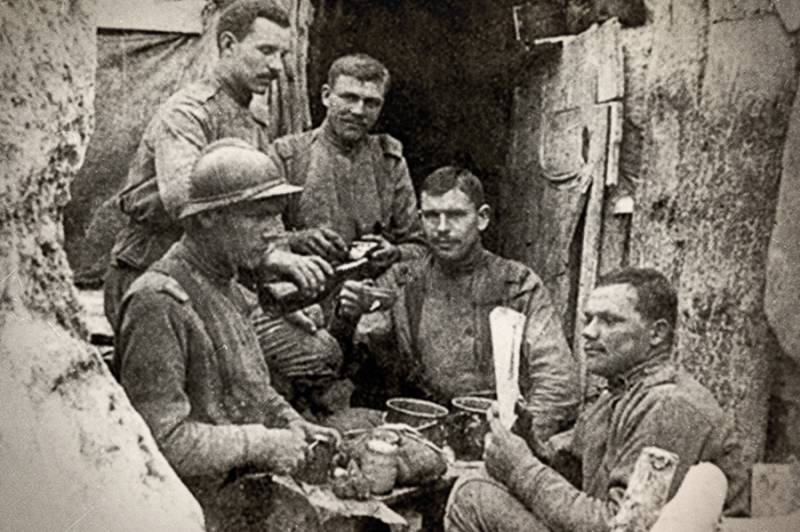
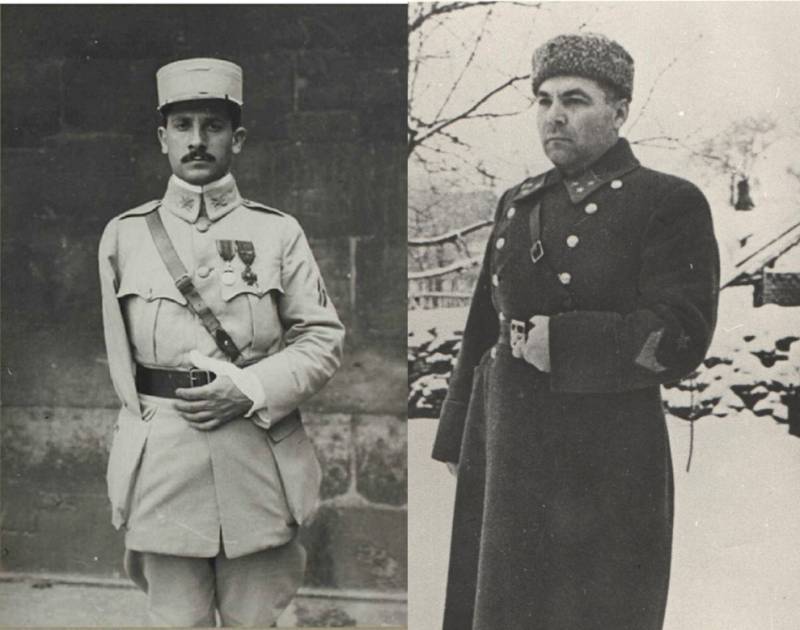
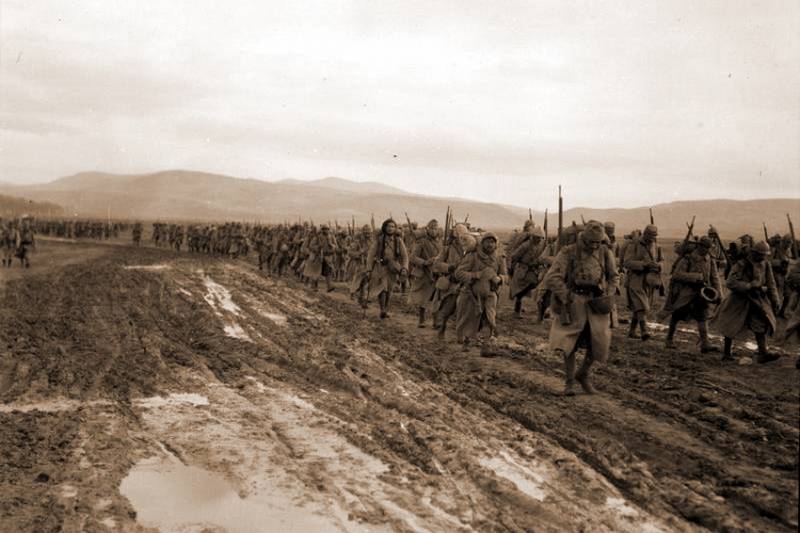
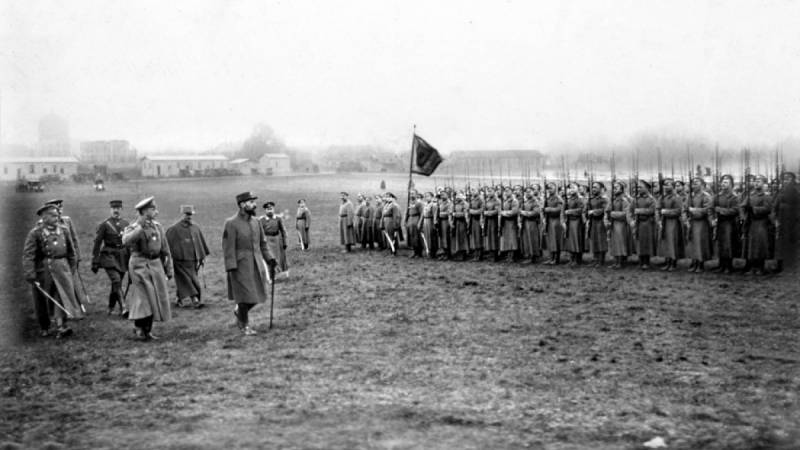
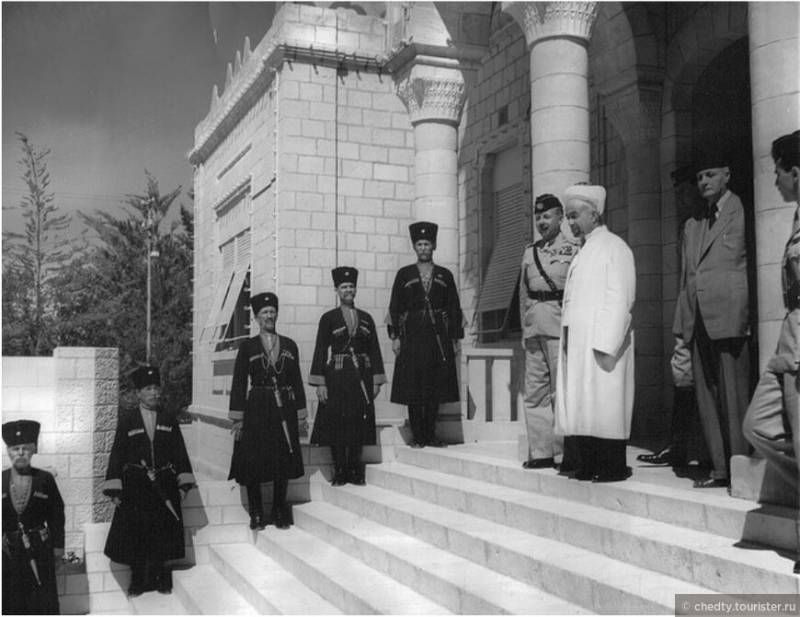
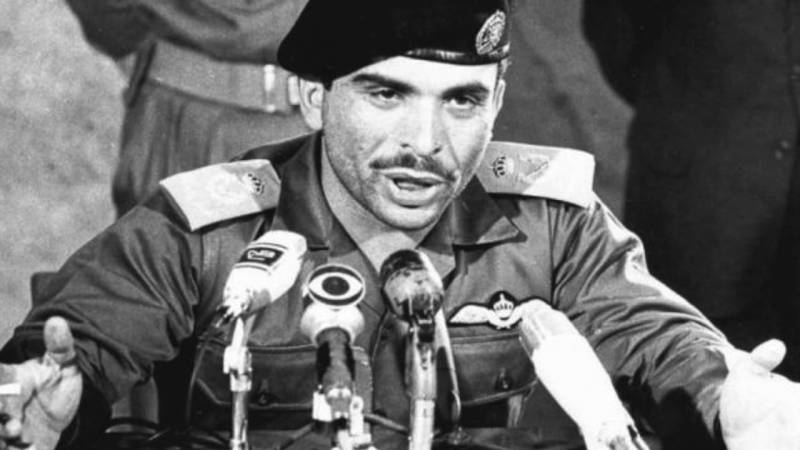
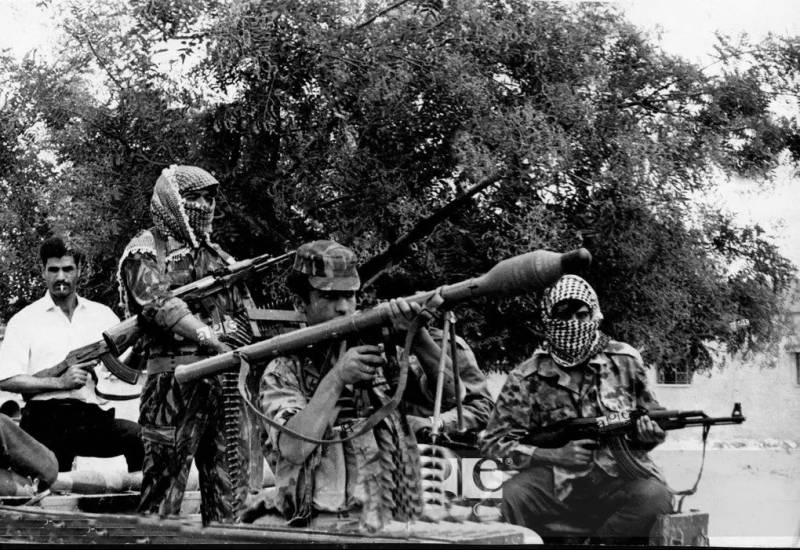
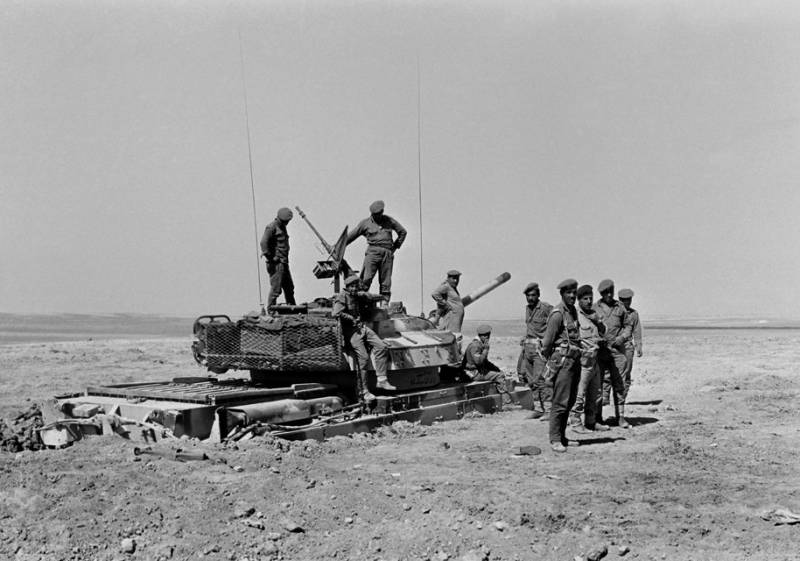
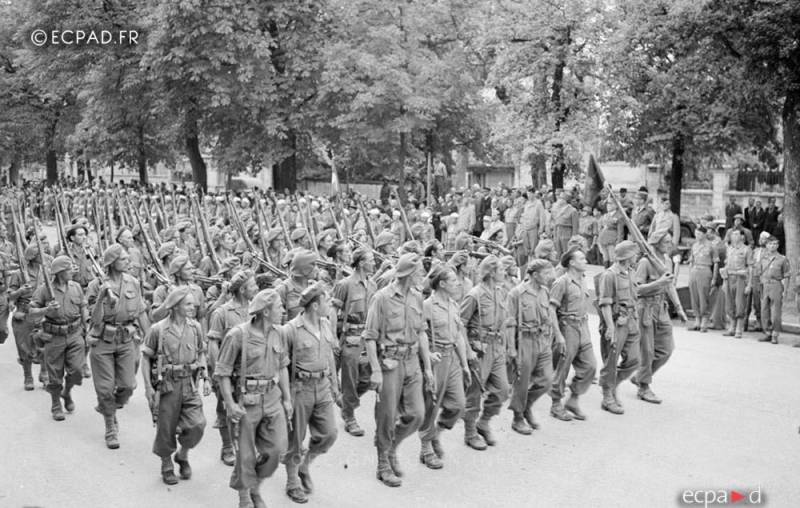
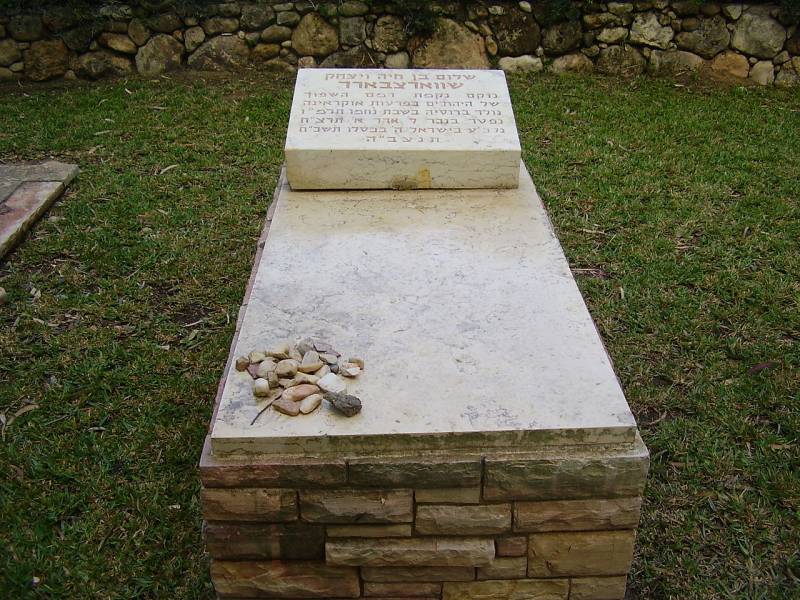
Information